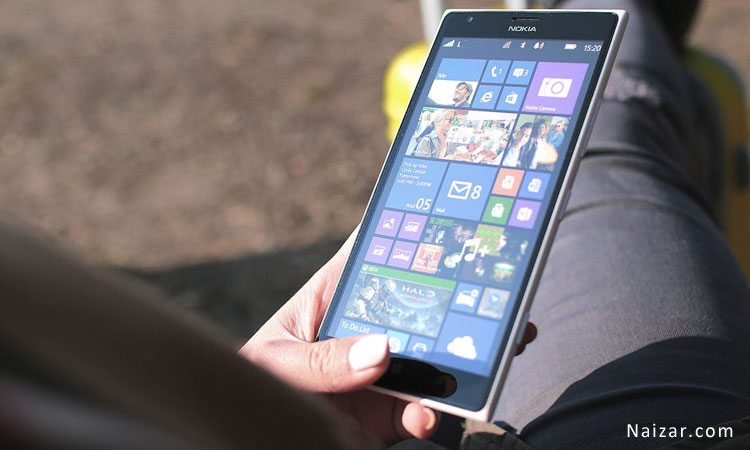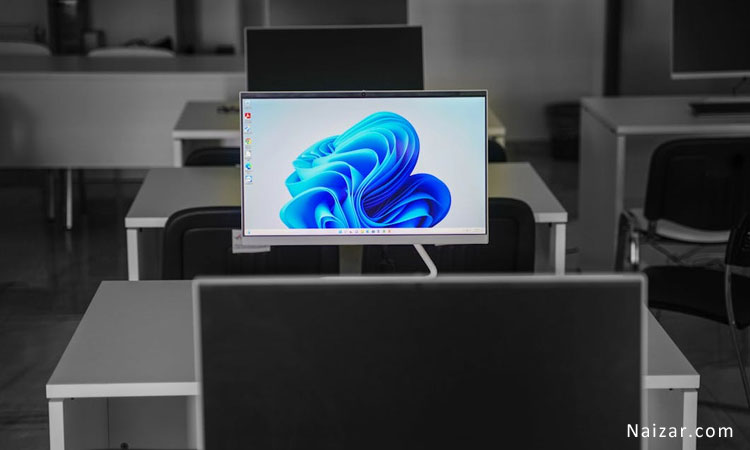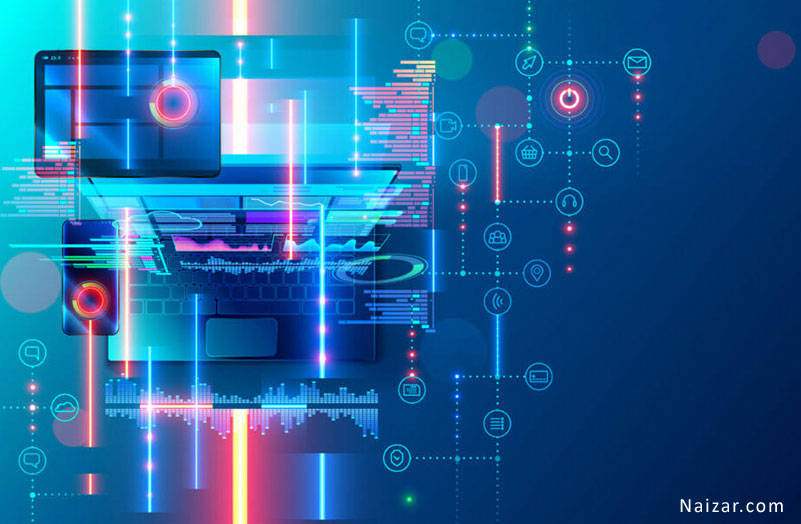Technology is the driving force behind today’s rapid evolution, reshaping the way we live, work, and interact with the world. Innovations in artificial intelligence (AI), machine learning, and automation are not only streamlining processes but also revolutionizing entire industries such as healthcare, education, and transportation. As digital infrastructure expands, technology continues to empower both individuals and organizations with tools that enhance productivity and connectivity.
The rise of smartphones, mobile apps, and cloud computing has changed how we communicate and manage information. Laptops and computers remain essential for work and education, while mobile devices provide access to powerful apps for entertainment, learning, and social interaction. Meanwhile, operating systems like Android, iOS, Windows, and macOS form the foundation of these experiences, constantly evolving to deliver better performance, security, and usability.
Software development is also witnessing a shift toward more intuitive, user-focused solutions. From business platforms to creative tools, software is becoming smarter and more integrated across devices. With emerging technologies like quantum computing and the Internet of Things (IoT) on the horizon, the future of technology holds limitless possibilities, promising smarter cities, more efficient systems, and innovative breakthroughs that will define the next era.
Artificial Intelligence (AI)

Artificial Intelligence (AI) is at the forefront of technological transformation, reshaping how industries operate and how people interact with technology. It enables machines to mimic human intelligence, allowing for faster decision-making, smarter automation, and more accurate data interpretation. From automating repetitive tasks to generating real-time insights, AI is helping businesses increase productivity and reduce operational costs.
AI-driven innovations such as virtual assistants, chatbots, facial recognition, and self-driving vehicles are no longer futuristic concepts, they are real-world applications improving customer service, enhancing transportation safety, and redefining user experiences. In sectors like healthcare, finance, and manufacturing, AI is optimizing workflows, detecting patterns, and even predicting future trends with remarkable accuracy.
The ongoing evolution of machine learning, natural language processing, and deep learning continues to expand AI’s capabilities. As AI systems become more intuitive and adaptive, the potential for breakthroughs in areas like robotics, personalized education, and smart cities grows stronger. With ethical frameworks and responsible development, AI is poised to lead us into a future where intelligent systems are seamlessly integrated into our everyday lives.
Apps

Mobile and web applications have become deeply embedded in our everyday routines, offering solutions for communication, entertainment, finance, and productivity. From chatting with friends to managing business operations, apps provide fast, user-friendly access to services that were once complex or time-consuming. With smartphones in nearly every hand, apps have transformed into essential tools for personal and professional use.
The evolution of technology has given rise to super apps, AI-powered platforms, and secure fintech applications that redefine user convenience. Developers now focus on crafting seamless interfaces, robust security systems, and personalized experiences to meet growing user expectations in a competitive market.
Apps continue to shape how we live and work. Their role in modern society is only expanding.
Computers and Laptops

Computers and laptops remain indispensable tools in today’s digital landscape, supporting work, education, entertainment, and creative expression. With the rapid pace of technological innovation, these devices have become more powerful, compact, and efficient. Advances in processor technology, cloud integration, and AI-driven features now allow users to multitask seamlessly, enjoy faster computing speeds, and experience enhanced performance in even the slimmest devices.
From high-performance gaming laptops and lightweight ultrabooks to versatile hybrid models that combine tablet convenience with laptop functionality, the evolution of personal computing continues to break new ground. Features such as longer battery life, smarter cooling systems, and intuitive user interfaces are redefining the way we interact with our machines. Whether you’re a student, professional, or gamer, today’s laptops are designed to meet diverse needs with style and power.
The future of computing is smarter, faster, and more connected than ever before.
Mobile Technology

Smartphones have completely transformed how we communicate, work, and access information. These compact devices are now powerful tools equipped with advanced features like AI-powered cameras, biometric security, and seamless app integration. The rollout of 5G technology has significantly enhanced internet speed and connectivity, opening doors to real-time collaboration, remote work, and immersive digital experiences.
Recent developments such as foldable screens, edge-to-edge displays, and smarter processors have raised the bar for both design and performance. Intense competition among top mobile manufacturers continues to fuel innovation, leading to longer battery life, superior display quality, and more eco-friendly production methods. As smartphones become central to everyday life, they are shaping the future of communication and business alike.
The smartphone revolution is just beginning, expect smarter, faster, and more immersive experiences ahead.
Operating Systems (OS)

Operating systems are the foundation of every computing device, managing both hardware and software to deliver a seamless user experience. Whether it’s a smartphone, laptop, or server, an efficient OS ensures stability, performance, and security. Popular platforms like Windows, macOS, Linux, Android, and iOS continuously roll out updates to enhance usability, tighten security, and adapt to new hardware and user needs.
In today’s digital ecosystem, the rise of open-source operating systems and cloud-based platforms is reshaping how users and developers interact with technology. These solutions offer flexibility, customization, and cost-efficiency, making them increasingly attractive in business and education. As technology progresses, operating systems will remain central to innovation across all devices.
The future of tech depends on smarter, faster, and more adaptive operating systems.
Software Development and Innovation

Software remains at the heart of technological advancement, empowering industries with tools that increase efficiency, creativity, and innovation. The evolution of programming languages, frameworks, and development platforms has made it easier for developers to build robust, scalable, and intuitive applications. Cloud-based services and AI-driven automation are transforming the way businesses operate, helping them streamline workflows, reduce costs, and respond quickly to market demands.
As the digital landscape grows more complex, the importance of cybersecurity and ethical software development is becoming increasingly critical. Companies are investing in secure coding practices and proactive threat detection to safeguard data and user privacy. At the same time, open-source communities and agile development methods continue to drive collaboration and rapid innovation in the software space.
The future belongs to software that’s not only smart, but also safe and ethical.
Conclusion
Technology is evolving at an unprecedented rate, influencing every aspect of modern life. Innovations in AI, mobile devices, operating systems, and software continue to shape industries and enhance user experiences. Staying informed about these technological trends is crucial for businesses, developers, and consumers alike. The future of technology promises even more groundbreaking advancements that will redefine the way we live and work.




